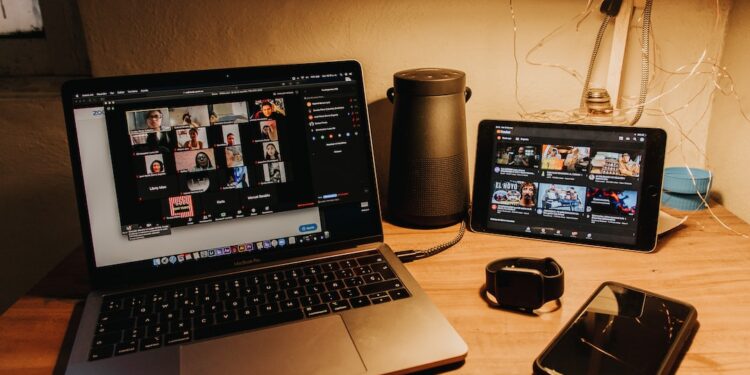In today’s digital age, we are bombarded with an overwhelming amount of information from various sources such as social media, news outlets, and online platforms. While having access to limitless information can be empowering, it also poses a significant challenge: how do we navigate through this flood of information and determine what is credible and trustworthy? This is where media literacy comes into play.
Media literacy refers to the ability to critically analyze and evaluate media messages, understand their purpose, and recognize the techniques used to persuade or manipulate. It empowers individuals to become discerning consumers of media, ensuring that they are not easily swayed by biased, misleading, or false information.
The first step in media literacy is recognizing that not all sources of information are created equal. It is important to seek out reputable sources that have a reputation for accuracy and integrity. Before accepting information as true, it is essential to verify the credibility of the source by checking who authored the content and whether they have any professional expertise or personal biases that may influence their objectivity.
Another critical aspect of media literacy is understanding the difference between news and opinion. News should provide factual information based on evidence, while opinion pieces express personal viewpoints. It is crucial to differentiate between the two and not mistake opinions for factual reporting. By doing so, we can avoid forming skewed perspectives based on biased or one-sided opinions.
Additionally, media literacy requires us to be aware of the various techniques used to manipulate our emotions and beliefs. Advertising, for example, often employs persuasive strategies to convince us to buy products or support certain causes. By identifying these techniques, such as the use of language, imagery, and celebrity endorsements, we can more effectively resist manipulation and make decisions based on our own critical thinking.
With the rise of social media, media literacy has become even more crucial. Many platforms are flooded with viral content that may be misleading, sensationalized, or outright false. It is essential to scrutinize social media posts and cross-verify information with reliable sources before sharing it further. Ensuring that we are not contributing to the spread of misinformation is our responsibility as media-literate individuals.
Lastly, media literacy also involves being aware of our own biases and prejudices. We all have inherent biases based on our upbringing, cultural background, and personal experiences. Being conscious of these biases allows us to be more open-minded when consuming media and challenges us to consider alternative perspectives.
In conclusion, media literacy is a skill that is increasingly necessary in today’s fast-paced and interconnected world. By being critical consumers of media, we can navigate through the information overload and make informed decisions based on reliable sources. Developing media literacy not only helps us protect ourselves from manipulation but also contributes to a more informed and civically engaged society. So, let’s educate ourselves and others about media literacy and become responsible consumers and sharers of information in the digital age.













